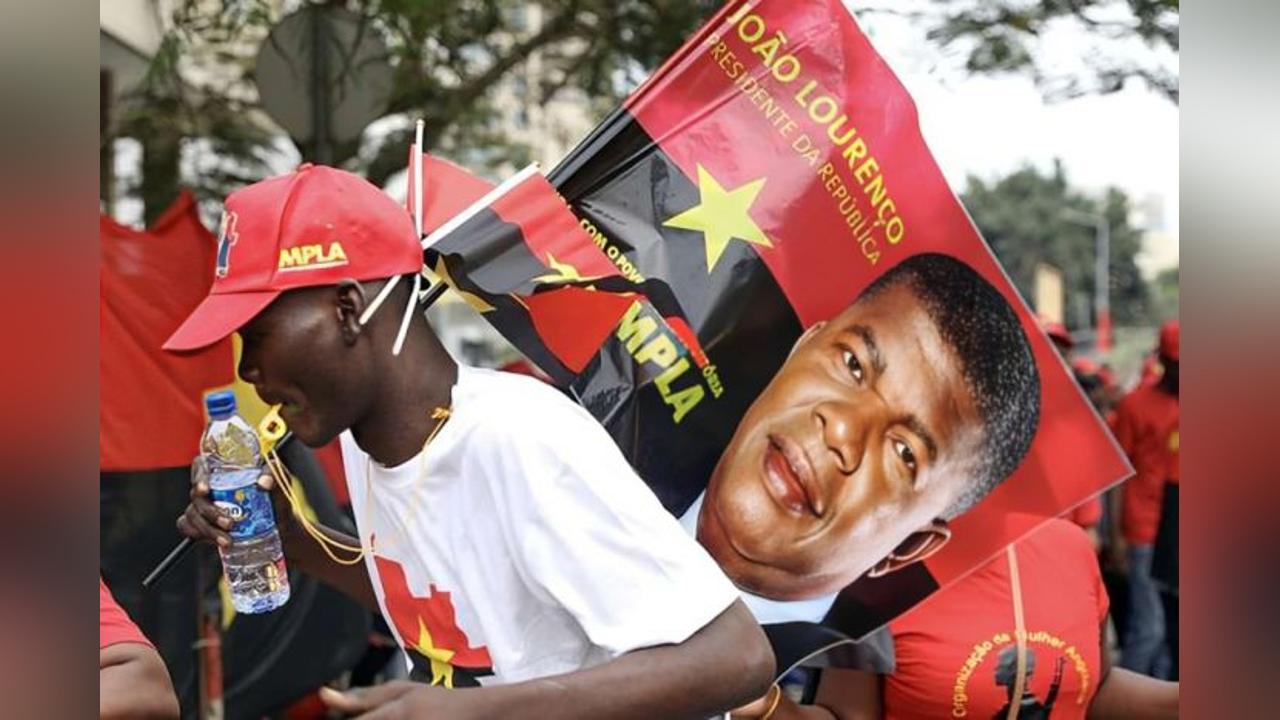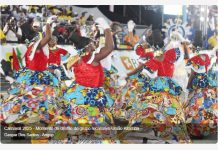Africa-Press – Angola. The MPLA’s absolute majority, its total control of institutions, political repression, and socioeconomic crisis create an environment hostile to civic participation and freedom of expression.
Angola has been an independent country since 1975, meaning it has 50 years of independence and 30 years of party democracy, but we continue to beg for freedoms like chickens in a slaughterhouse.
Political exclusion and intolerance in Angola are deeply rooted phenomena in the power structure and have direct consequences in limiting fundamental freedoms, as well as creating a hostile social environment.
The absolute dominance of the MPLA, which has governed with an absolute majority in all institutions since 1975, results in almost total control over state institutions, the media and the administrative apparatus.
This party hegemony stifles political pluralism and restricts the opposition’s scope for action, making it difficult for alternatives to emerge and for democratic debate to take place.
Political exclusion also manifests itself in the limited representation of marginalized groups, leading many Angolans to feel excluded and deprived of their rights.
Political intolerance is evident during election periods and at other times, with frequent reports of repression of demonstrations, destruction of opposition propaganda material, ambushes of opposition caravans, and bias in public media in favor of the ruling party.
Human rights organizations denounce arbitrary detentions and excessive use of force against protesters and government critics in an attempt to silence dissenting voices and curb protest movements.
The situation is worsened by the economic crisis resulting from government irresponsibility and low wages, not to mention unemployment, which affects more than 60% of young people.
The national minimum wage is a paltry 35,000 kwanzas (around 30 euros), a clearly insufficient amount in the face of inflation and the loss of purchasing power.
This planned wage insecurity, combined with inequality in access to resources and opportunities, fuels social discontent and deepens feelings of exclusion, especially in less developed regions and among the most vulnerable workers—who make up the vast majority.
The combination of these factors—the MPLA’s absolute majority, total control of institutions, political repression, and a socioeconomic crisis—creates an environment hostile to civic participation and freedom of expression.
Fear of reprisals, lack of trust in institutions, and the absence of effective social protection mechanisms reinforce political apathy and hinder the construction of a truly democratic and inclusive society.
In short, exclusion and political intolerance in Angola are not the result of isolated practices alone, but of a consolidated system of control and inequality that limits fundamental freedoms—and today, we live like chickens in a slaughterhouse.
angola24
For More News And Analysis About Angola Follow Africa-Press






